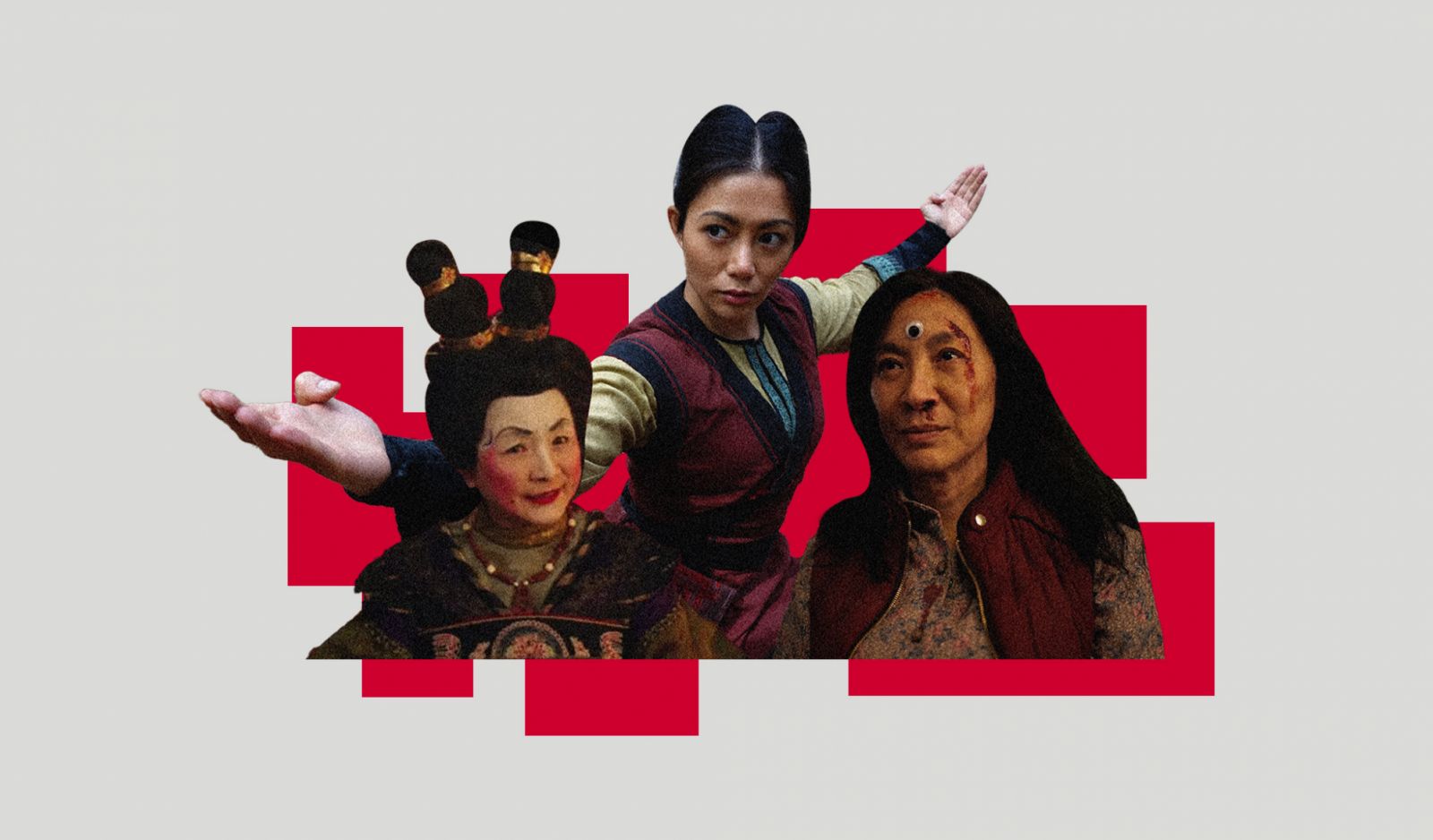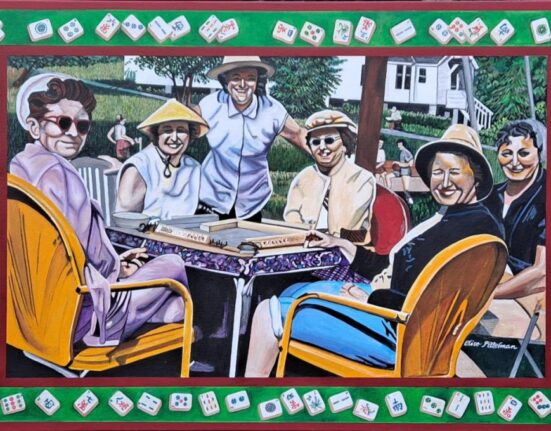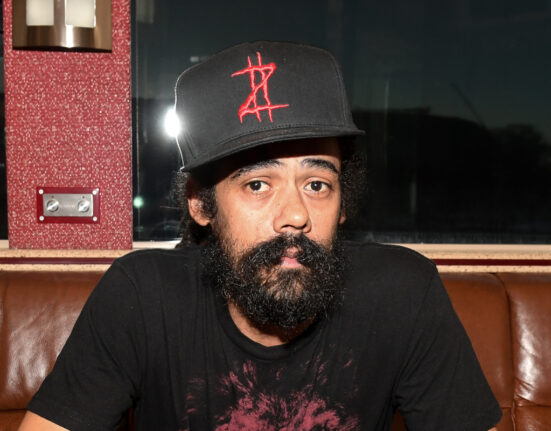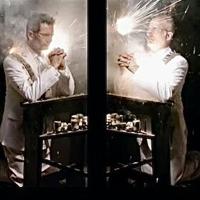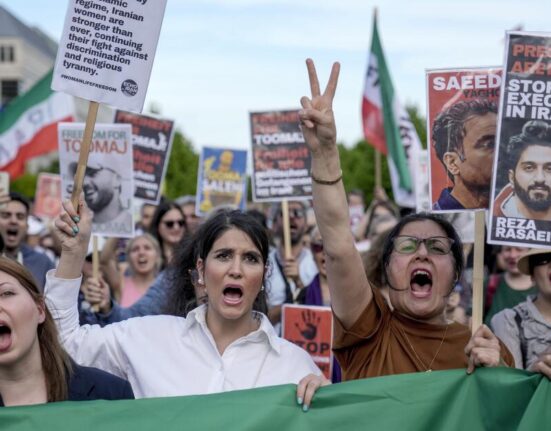Michelle Yeoh, Cheng Pei Pei and other action stars became a symbol of female empowerment on screen in the 1990s. But female martial artists are still underrepresented in Hong Kong cinema, and according to actress JuJu Chan Szeto, it’s because men just don’t like losing to women, even in movies
Most people can easily remember that one positive moment or encounter that changed their lives for the better. For martial actress JuJu Chan Szeto, this encounter happened on a cinema screen as a kid.
“I remember being really proud when I saw Michelle Yeoh in James Bond (1997),” writes Chan Szeto to Tatler Front & Female. “It was something of an acknowledgement to see a Hong Kong actress starring in a major Western film. I was also really impacted by Crouching Tiger, Hidden Dragon (2000)’s female martial artists, like Yeoh and Cheng Pei Pei.”
“Through martial arts, I learnt about patience, discipline and hard work,” she adds. “The complex moves can take quite a long time to master. It’s easy to give up after a few tries, but having gone through the training, I understand the disappointment that one often has to go through before finally reaching your goal. There’s no doubt that martial arts training has toughened me up.”
There are many like Chan Szeto who have felt similarly inspired by female martial artists onscreen and have chosen to tread this path.
Read more: Martial artist JuJu Chan Szeto on her screen career and new Netflix film
In fact, several Hong Kong martial arts movies in the late 20th century cast Asian women in empowered roles, contrary to the passive “damsel in distress” tropes popular in more mainstream movies.
These “woman warriors” were already part of a long cinematic tradition called nüxia, which can be traced back to Shanghai’s martial arts movies of the 1920s and early 1930s. When the martial arts film genre was revived in Hong Kong in the late 1940s, these martial artists were given stronger character development arcs—a significant step towards gender equality in films, but not enough to balance it out, according to Chan Szeto.
She elaborates: “Guys just don’t like losing against women… even if it’s make-believe! There’s always a lot of ego that women have to face in any male-dominated field, and action filmmaking is probably the most male-dominated in entertainment. I can certainly imagine that in the 1970s to 1990s, it would have been terribly difficult for someone like Cheng Pei Pei, or the many other fantastic female martial arts stars of the time, to get heard if they had an opinion.”

